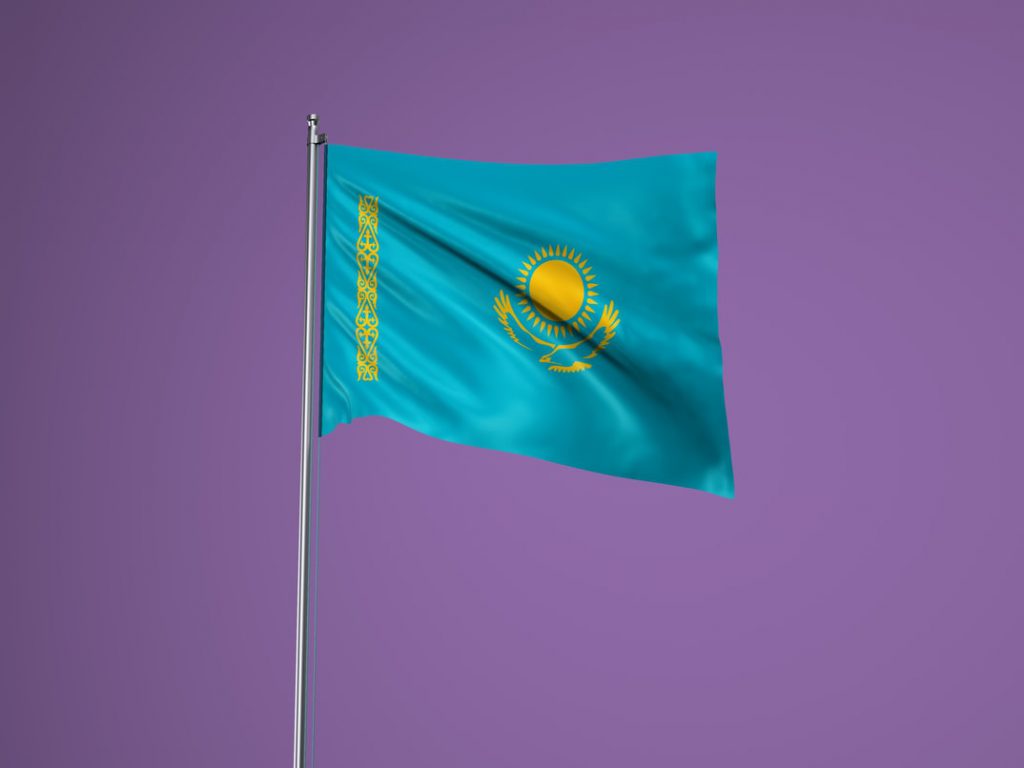Kazakhstan, a vast and diverse nation, carries within its borders a tapestry of history and contemporary vitality. While it may be relatively fresh on the radar for expatriates, this land is steadily gaining recognition among international families and professionals. The allure of its burgeoning economy and strategically advantageous location are increasingly making Kazakhstan a compelling destination for those seeking new horizons.

Kazakhstan’s security and safety
Kazakhstan generally offers a stable living environment. Nonetheless, disparities between the affluent and the less privileged occasionally give rise to urban challenges like thefts and muggings. Hence, it’s prudent for expatriates to eschew solitary strolls, rely on pre-arranged taxis, and opt for well-illuminated, populated areas to ensure their safety. Keep your stuff close by and keep an eye out because pickpocketing has been frequently reported at the open-air market in Almaty. Take caution on the roads, especially when it’s cold and ice, as driving, is notoriously anarchic in Kazakhstan. Also, don’t assume that cars will stop for pedestrians to cross the street. In Kazakhstan, dial 112 from any phone in an emergency. Police can be reached at 102. President Nursultan Nazarbayev has stated that he is attempting to reform and improve police operations and promote transparency in response to criticism of the police force in recent years.
Kazakhstan’s educational system
Kazakhstan boasts impressive national literacy rates and offers free compulsory education up to high school graduation. Despite this, most expatriates in Kazakhstan opt for private schools over public ones for their children’s education. In major cities like Astana and Almaty, a selection of prestigious international schools is available. Notably, two of these institutions bear the Haileybury name, following the esteemed UK national curriculum, a nod to Haileybury’s renowned status as a boarding school in the United Kingdom.
Kazakhstan’s transportation system
Kazakhstan, the ninth largest nation in the world, spans a massive 2.7 million square kilometers, much of it is isolated and essentially deserted, making travel challenging. Kazakhstan has a large number of airports. As well as Atyrau in the West, Astana, Almaty, and each have their international airports. If you’re traveling a long way, domestic flights are frequently the fastest alternative. The biggest airline in Kazakhstan and the only one authorized to enter European airspace is Air Astana. On 56 routes, it offers regular flights both domestically and internationally. The national rail network is crucial, although it may be slow; a high-speed train takes around 18 hours to travel from Almaty in the south to Petropavi in the north. Even though Kazakhstan’s road system needs extensive upgrading and maintenance, driving is nevertheless feasible. Four-wheel-drive minibusses are available in the Alps, and while the ride may be sluggish and bumpy, they can almost manage the terrain. Although bus departure times aren’t always trustworthy, buses, minibusses, and taxis are suitable for shorter, localized trips. Small metro systems exist in Almaty and Astana; these systems will soon be expanded as well.
Advantages of living abroad in Kazakhstan
Some advantages include:
Good salary packages
Expats can often anticipate earning more money than they would in their home countries, particularly if they work in a specialized field or for a major multinational corporation.
Low cost of living
In comparison to many other wealthy nations, Kazakhstan generally has a lower cost of living. This implies that foreigners can live comfortably without going over their budget.
Friendly and welcoming people
Kazakhstan is renowned for the warmth and hospitality of its people. Here, foreigners often discover that forging connections and feeling welcomed is a straightforward and heart-warming experience.
Growing expat population
The number of foreigners living in Kazakhstan is growing significantly, especially in the major towns of Nur-Sultan and Almaty. This suggests that expats might benefit greatly from the support and networking opportunities provided by foreign residents.
Cons of being an expat in Kazakhstan
Some disadvantages include:
Language barrier
Kazakhstan recognizes both Russian and Kazakh as its official languages. While English enjoys considerable usage in major urban centers, a longer stay in Kazakhstan is enriched by acquiring rudimentary proficiency in Russian or Kazakh, contributing to a deeper cultural immersion.
Chilly winters
Kazakhstan experiences chilly winters and hot summers due to its continental environment. In the country’s north, the winters can be particularly brutal.
Limited cultural attractions
Kazakhstan, as a relatively youthful nation, may not boast the same volume of cultural attractions as some of its regional counterparts. Kazakhstan offers captivating experiences: Silk Road cities, Almaty Mountain treks, and deep dives into Kazakh culture making it a unique and enticing destination.
